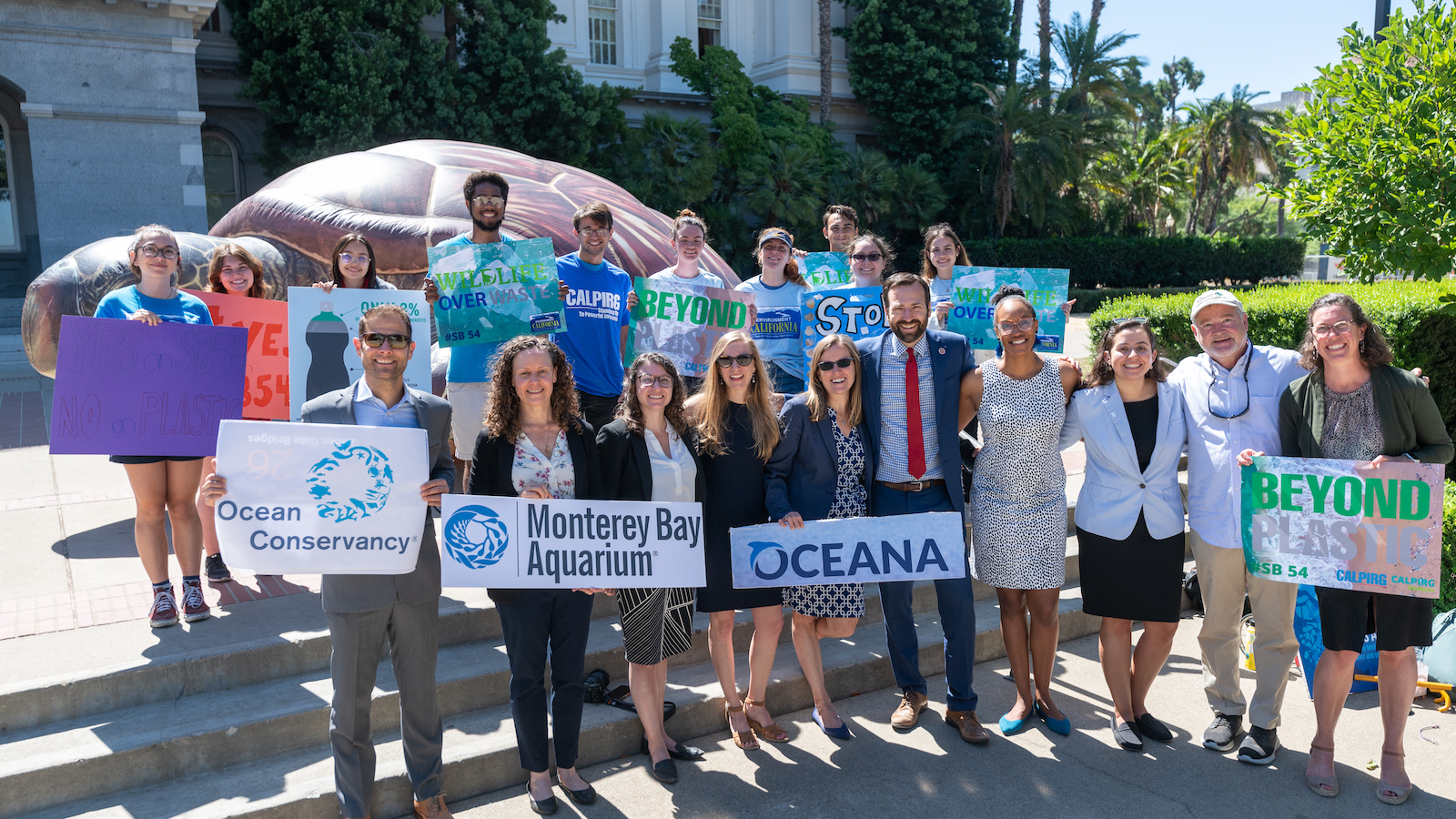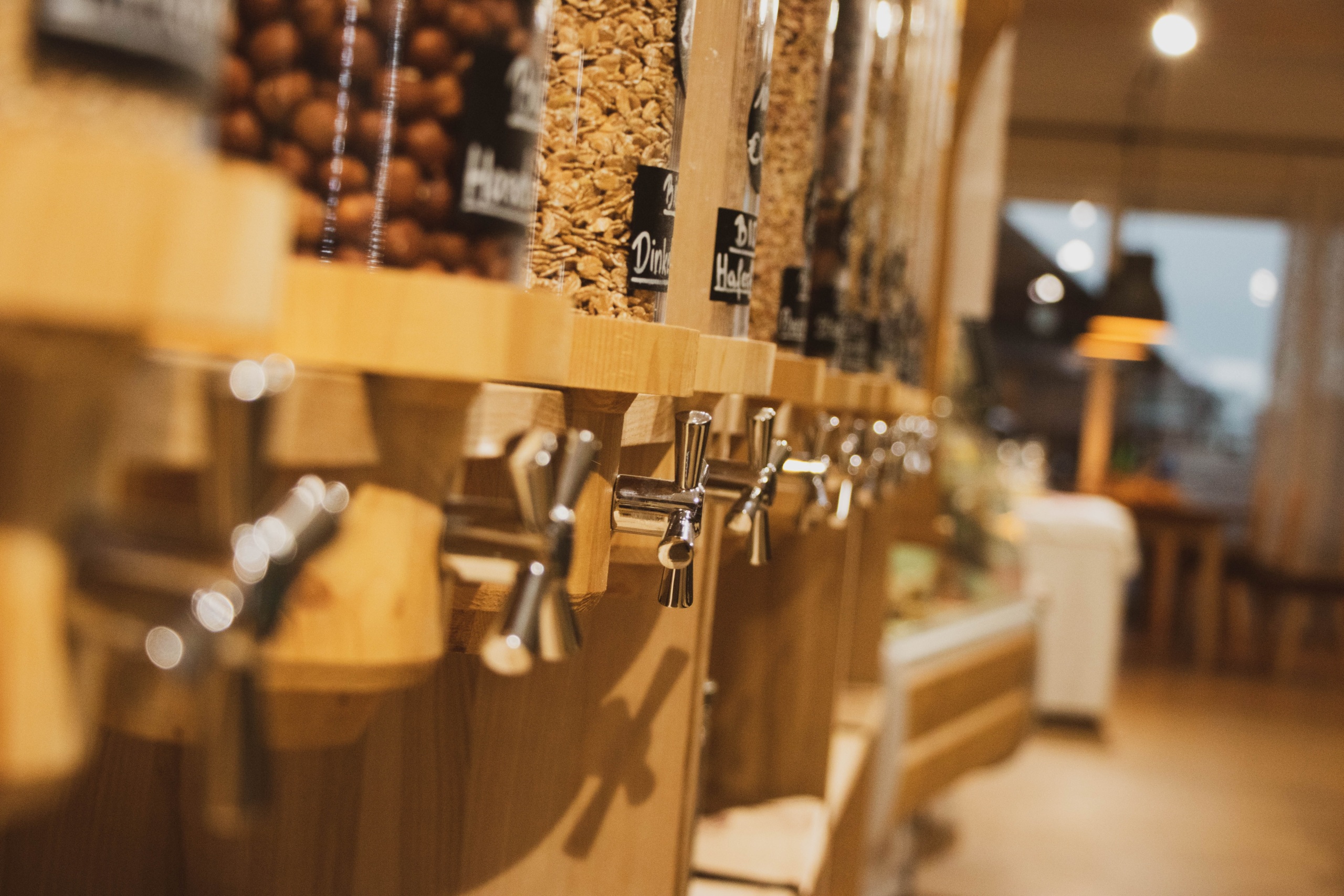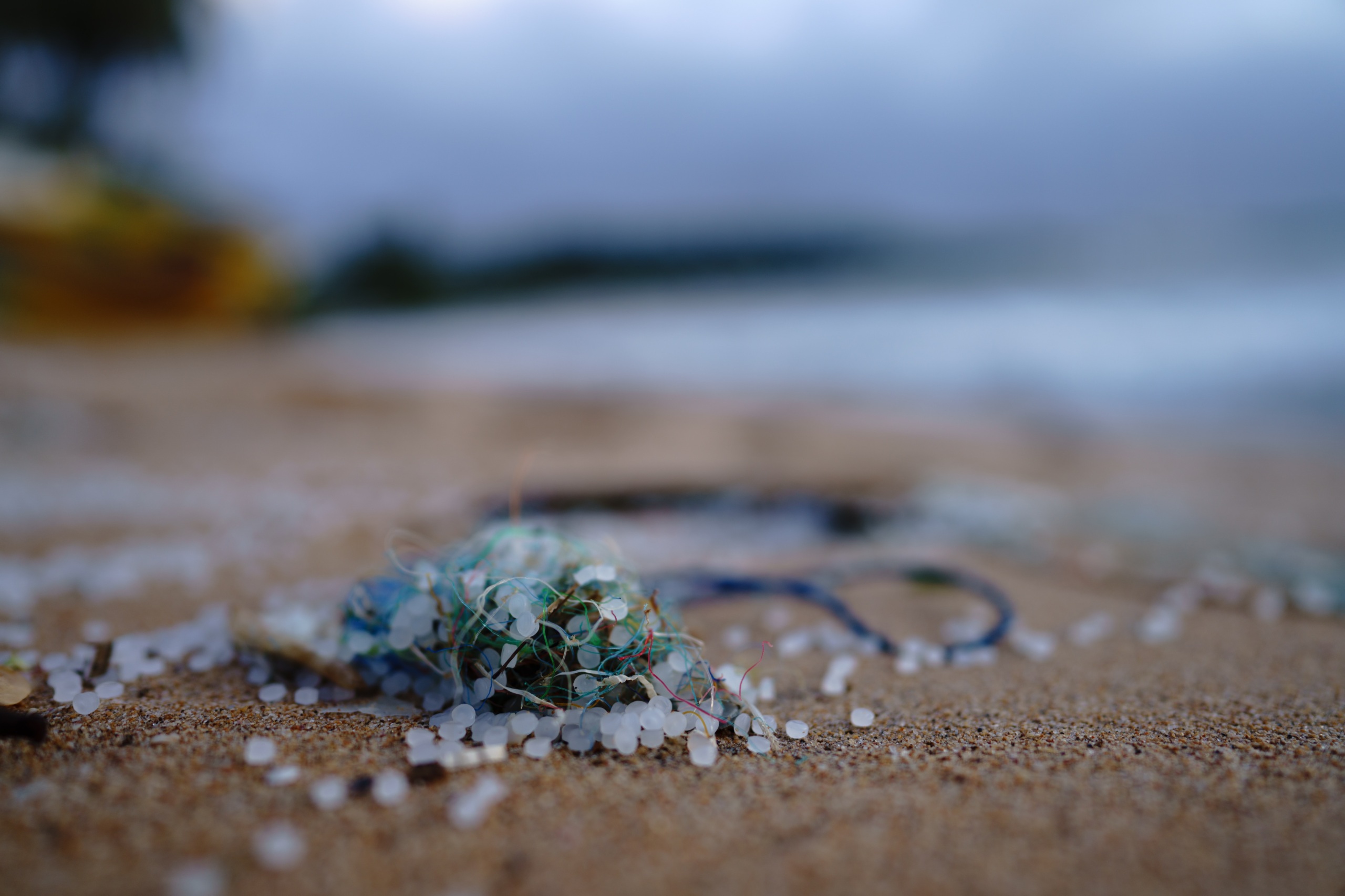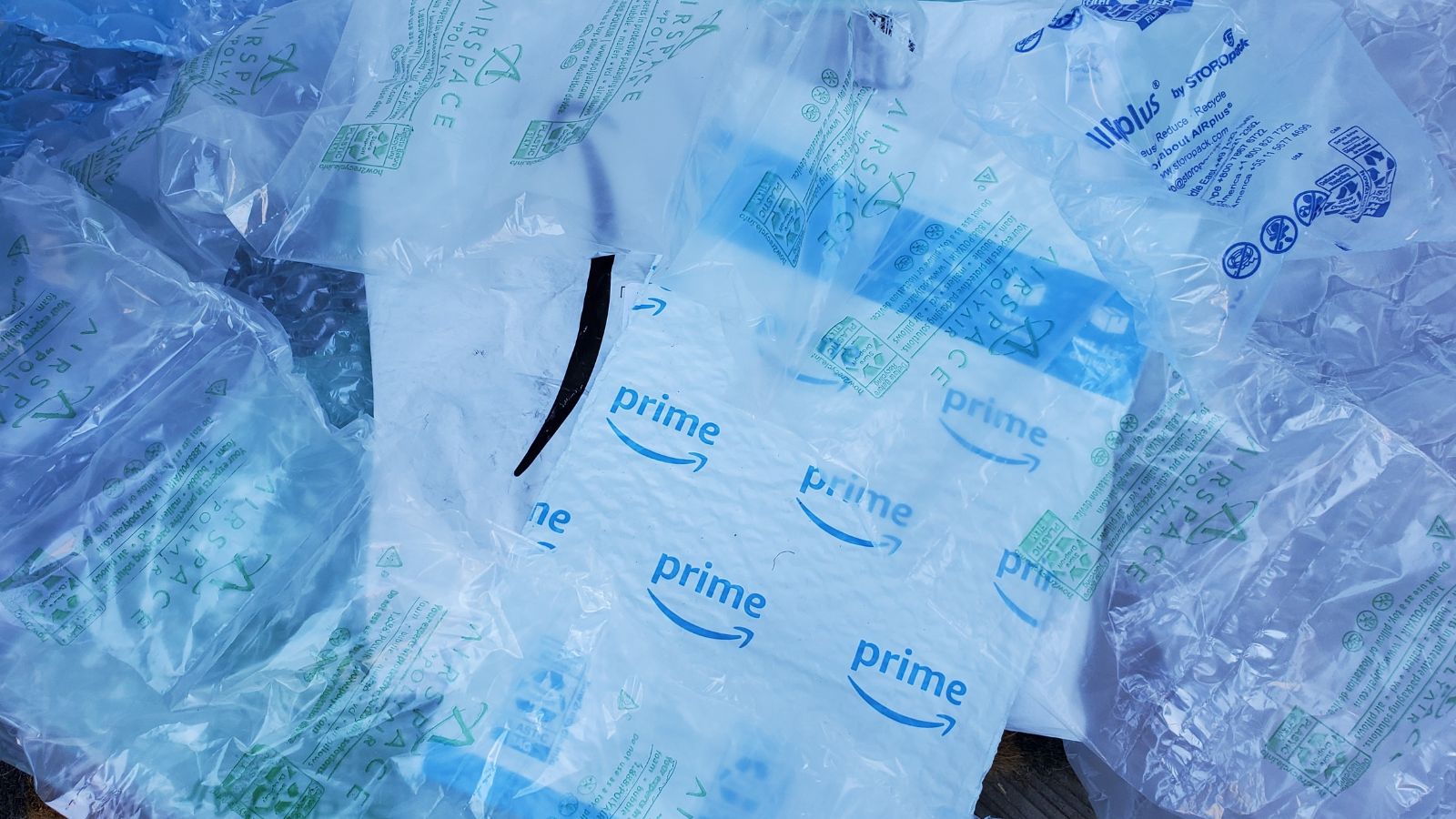
Victory for wildlife: California passes the nation’s strongest law against plastic pollution

California just became home to the nation’s most ambitious effort to stop plastic pollution.
This is a really big deal — not just for California, but also for the country and for the planet.
Here’s what the Plastic Pollution Producer Responsibility Act does:
- It mandates that companies in California use less plastic in their foodware and packaging.
- It requires that all single-use foodware and packaging be recyclable or compostable by 2032.
- It holds major plastic producers financially responsible for the waste their products are designed to become. That’s fantastic news for California and the wildlife that call it home, including the seals, dolphins and whales that frolick off the state’s coast. Less waste and more recyclable or compostable items mean fewer creatures ingesting toxic plastic, choking on it, or starving because their bellies are full of plastic instead of food.
So how is this also great news for the country and the planet?
California is a really big state with a really big economy.
The $3.4 trillion California economy is the sixth-largest in the world, just behind India and ahead of the United Kingdom. No other U.S. state comes close.
When California prods companies into changing how they make or package their products, the changes tend to spill across state borders. Just look at the dozens of states that have adopted California’s Clean Car standards (with some nudging from other state environmental groups in our national network and the reluctant acquiesence of some in the auto industry).
Precedent matters.
California is now the fourth — and by far the largest — state to pass a producer responsibility law, joining Maine, Oregon and Colorado. That means more producers will be financially responsible for managing the waste their products become.
The beauty of producer responsibility programs lies in how they change the incentives that make wastefulness so cheap. When manufacturers are held responsible for their products at the end of their lives, they tend to make different choices when designing those products in the first place — making them more reusable, repairable, recyclable and resilient.
The law also requires plastics producers and plastic resin manufacturers to pay $500 million a year toward environmental cleanup. That’s not chump change, even in a state as big as California.
Wildlife don’t see state lines or national borders.
State and national lines mean nothing to a gray whale migrating from the waters off northernmost Alaska to those off Baja Sur California.
Nor do those lines stop plastic trash from breaking up into smaller pieces and swirling into the North Pacific Gyre.
The same is true for green sea turtles as they migrate along the Atlantic Coast and the plastic flotsam and jetsam found in the North Atlantic Gyre.
All of the work that our staff, members and other supporters have done to win bans of single-use plastic bags and polystyrene foam containers, “straws on request” policies and other plastic reduction measures protects a remarkable array of wildlife that traverses the entire planet.
And now producer responsibility laws, including the nation’s strongest in California, will afford these animals even more protection from harm.
We still have a long way to go to elevate wildlife to its proper place in our society’s priorities — and to require greater accountability for the waste that too often harms or kills wild creatures. But we’ve taken a big step in the right direction.
Photo: State Sen. Ben Allen (center) alongside Environment California, CALPIRG and other supportive organizations at the State Capitol leading up to a final vote on the Plastic Pollution Reduction Act. Credit: Ricky Mackie Photography
Topics
Authors
Katrina Riley
Deputy Editor, Editorial & Creative Team, The Public Interest Network
Katrina creates and edits materials with the Creative Team for The Public Interest Network that tell the stories of our campaigns to protect the environment, stand up for the public interest, and more. Katrina lives in Boston, where she enjoys running, hiking and trivia.
Find Out More

Ditch plastic packaging: Shop at your local refillery

Millions of tiny plastic pellets are being dumped into our waterways

Turning plastic waste into plastic lumber isn’t recycling


